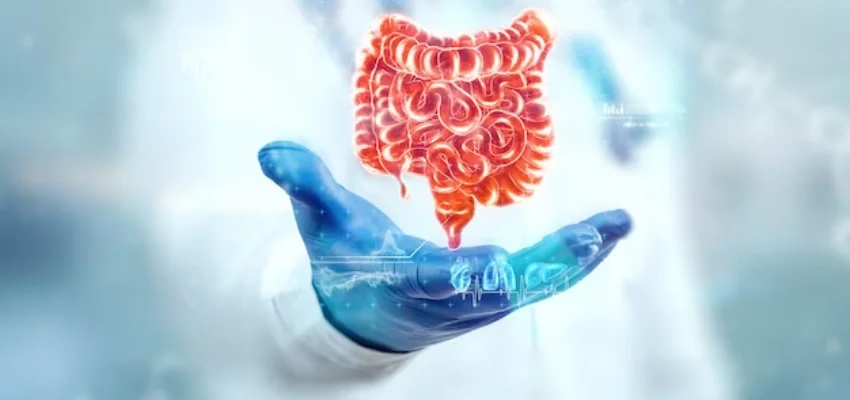
Colon / Rectum Cancer
Colorectal/Colon cancer, also known as bowl cancer develops in the large intestine. It commences when healthy cells in the lining of the colon or rectum change and grow out of control forming a mass called tumor. Early cases can begin as non-cancerous polyps which mostly have no symptoms but can be detected by screening. Colorectal/Colon cancer is the third most common cancer worldwide and is more frequently seen in men than in women. Most colorectal/colon cancer are due to old age and sedentary lifestyle.
Colon Cancer Signs & Symptoms
- Change in bowel habits
- Abdominal discomfort
- Abdominal mass
- Fatigue or weakness
- Weight loss
- Blood in stool
Colon Cancer Diagnosis
Diagnosis is performed by sampling of colon areas suspicious for possible tumor development, typically by endoscopy. Endoscopy is an examination in which a lighted tube is inserted via anus into the intestine that further allows seeing the inside of the intestine. When a tumour is found within 15 cms from the anus it is considered as rectal tumour and if it is found 15cms away from the anus it is considered as colon tumour.
Radiological tests like Contrast CT scan and PET scan are used to visualize the location and size of the tumour.
Blood analysis for carcinoembryonic antigen (CEA), a tumour marker which might be useful.
The confirmation of diagnosis is only given by histopathological examination of tissues biopsy.
Colon Cancer Treatment
Colorectal/Colon cancer is treatable, and chances of survival increases if it is detected early. Treatment of colorectal/colon cancer depends on stages (0-IV) that is how far advanced the cancer is and types of cancer. Colon cancer is ‘staged’ according to tumour size, involvement of lymph nodes and whether it has spread outside the colon, rectum and lymph nodes to other parts of the body or not. This information is used to help decide best treatment plan. Treatment of colorectal/colon cancer include surgery( Open, Laparoscopic or Robotic surgery), chemotherapy, radiotherapy and sometimes combination of both (radiotherapy & chemotherapy). In later stages (IV) targeted biological therapy is used.
Lifestyle modification plays a vital role in management of colorectal/colon cancer by improving prognosis and quality of life. Lifestyle modification includes weight management, physical activity (at least 150 minutes per week), diet (fruits and vegetables rich in antioxidants), avoiding alcohol, smoking and tobacco. Avoiding red and processed meats as it has shown to increase the risk of colorectal/colon cancer.
